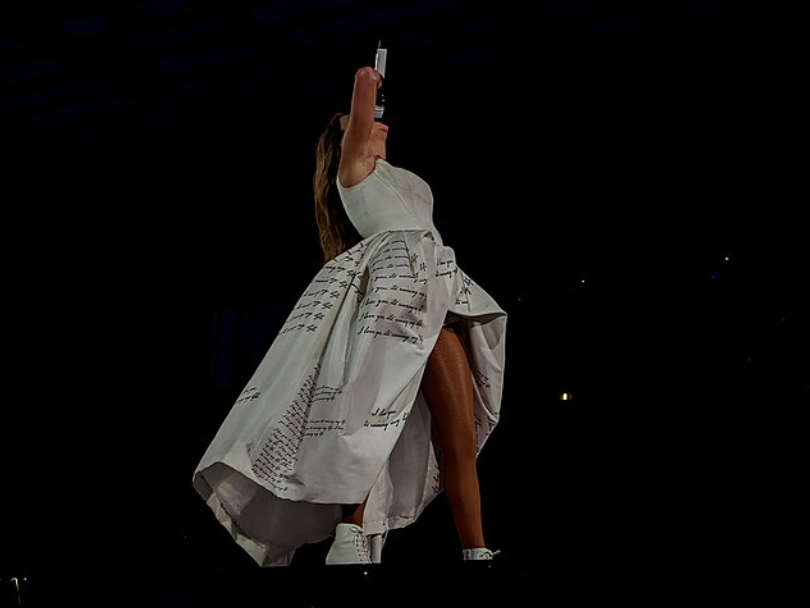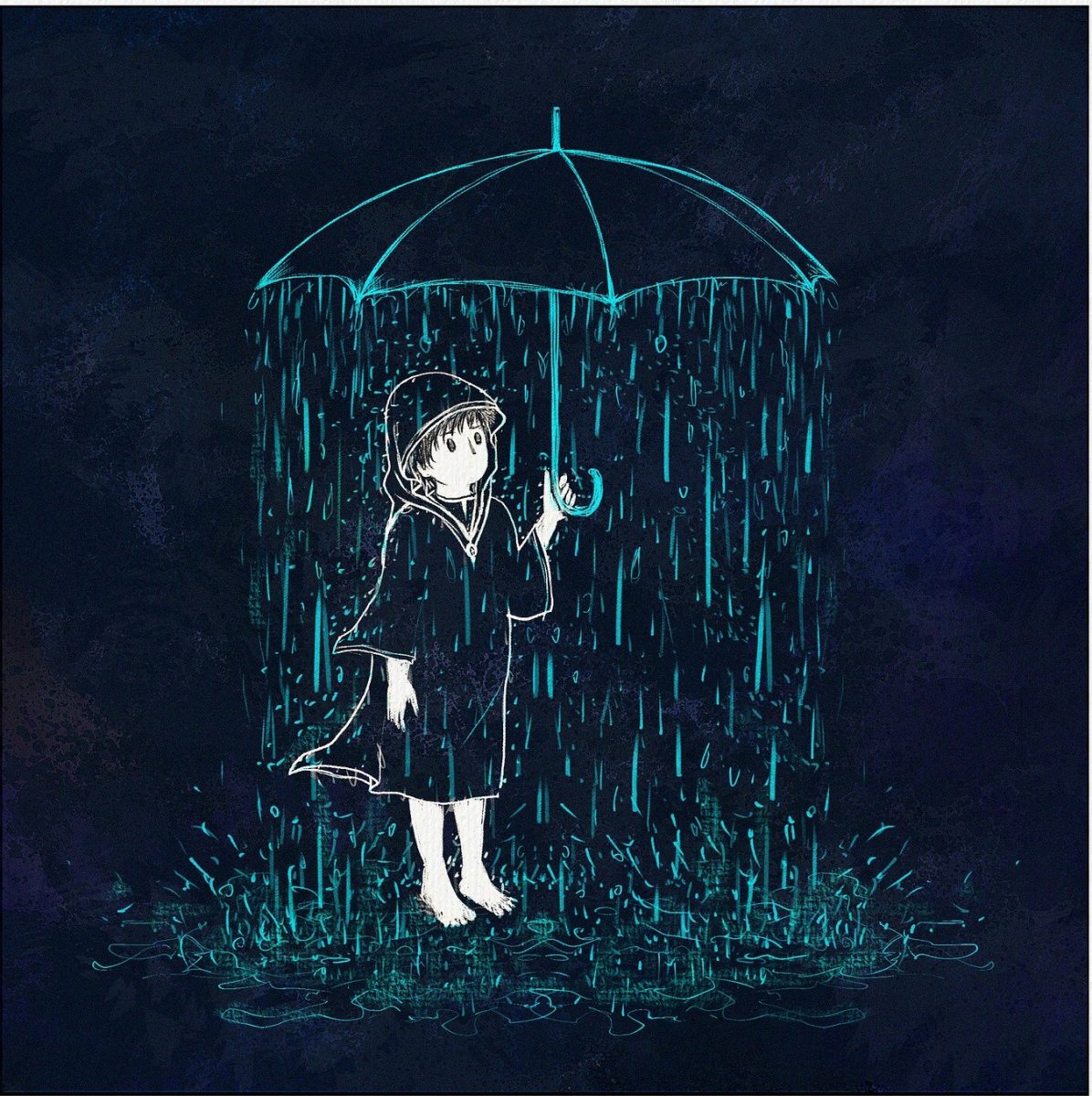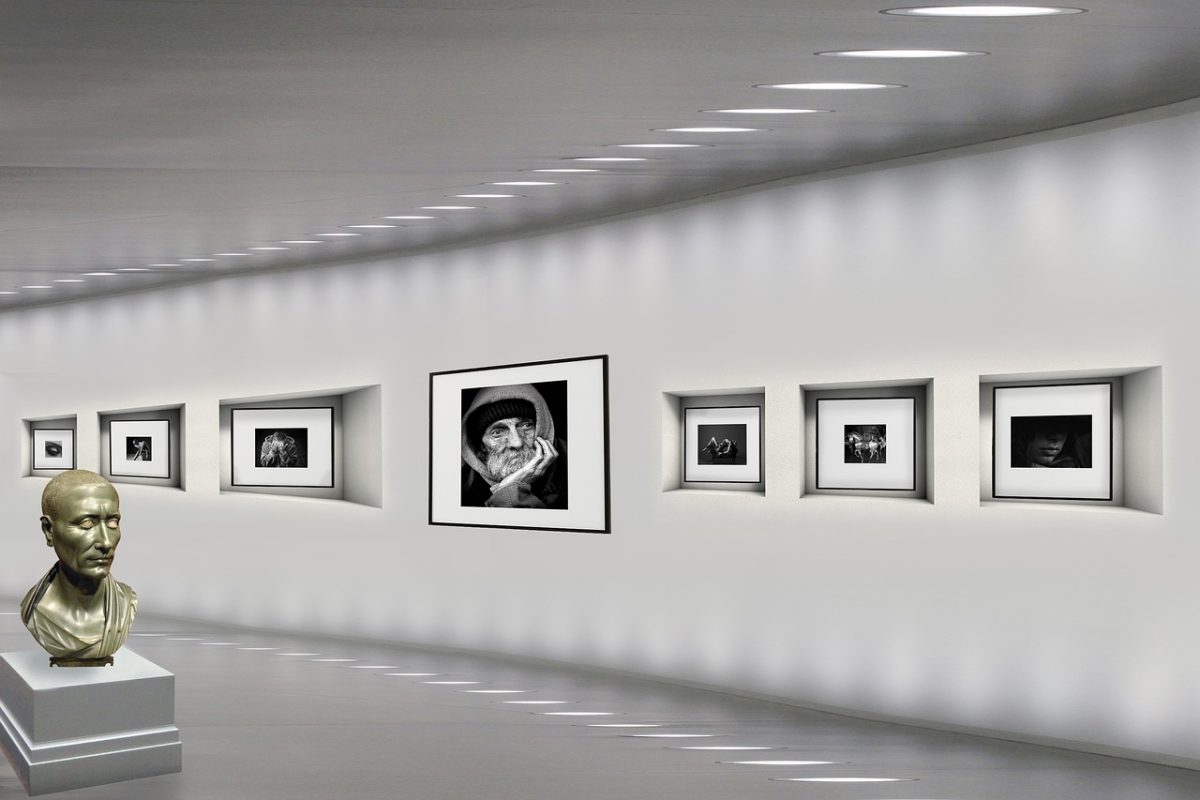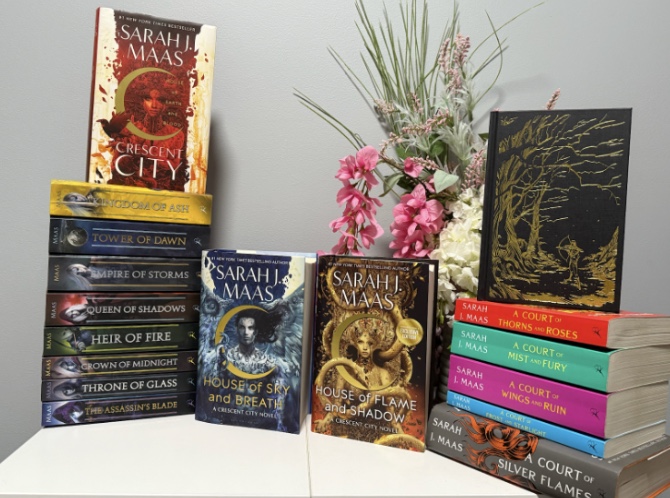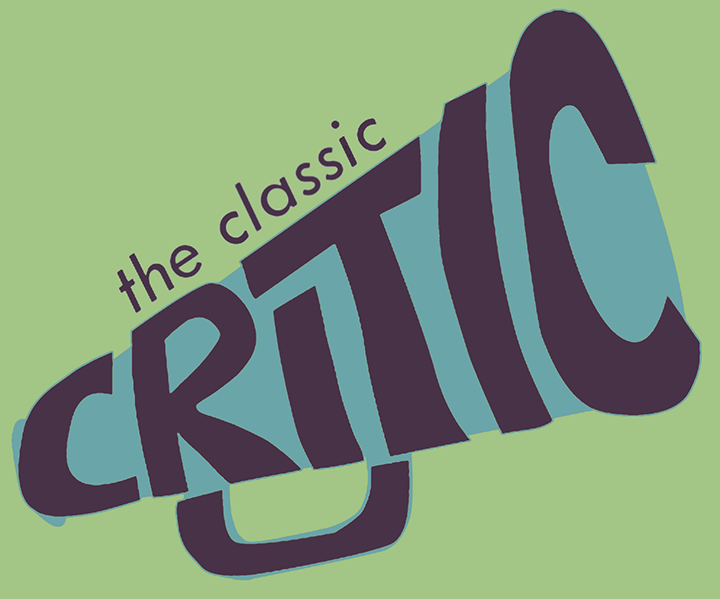The Da Vinci Code, a thrilling novel by Dan Brown, is a mystery full of twists and turns, leaving you on the edge of your seat. As the ninth highest selling fiction book of all time, it was a sensation at the time it was first published and remains so to this day. The story revolves around a long standing feud between two powerful secret societies in the backdrop of religious disagreements. While some may find the book to be controversial, the complexity of the different perspectives and plot developments in The Da Vinci Code makes the read exciting and worthwhile.
The storyline follows Robert Langdon, a professor who teaches religious iconology at Harvard University. Robert is asked by French police to examine the murder scene of an art curator of the Louvre, Jacques Sauniere, whose corpse was arranged to recreate a famous drawing by Leonardo Da Vinci called Vitruvian Man. Robert thinks he was asked to help French police because of his expertise, but he was actually the prime suspect since Jacques Sauniere wrote “P.S. find Robert Langdon” on the floor next to his body before he died. It turns out that Jacques’ death resulted from a conflict between two secret societies, Opus Dei and the Priory of Sion. As the story unfolds, Robert teams up with Sophie Neveu, a cryptographer for the French police and the granddaughter of Jacques Sauniere, and travels around France on a journey to solve the mystery behind Jacque’s death, which somehow involves the Holy Grail.
The Da Vinci code is a compelling thriller – it sucks you in from the first sentence and leaves you on a cliffhanger at the end of each chapter. I also found the use of historical facts mixed with conspiracy theories in the development of the storyline to be clever and thought provoking. Despite a complex storyline, the book is easy to read due to Brown’s clear and succinct choice of words.
While I found it to be a fascinating read, there are a few aspects of the book I did not enjoy. First, the chapters alternatively follow two storylines: one with Robert and Sophie adventure through France and the other about members of Opus Dei. While this set-up may have given a layer of depth to the plot, I am personally not a fan of this writing style. As the storyline involving Robert and Sophie is much more interesting, I found myself skimming through the chapters that focus on Opus Dei.
Secondly, I found the characters in The Da Vinci Code to be a bit lacking. Robert and Sophie were likable enough but not extremely notable, as their characters were not sufficiently developed to my liking. It seems that they were only put in the story to advance the plot.
Lastly, The Da Vinci Code is the second book in a tetralogy, with all four books following a similar format. I was lucky that I read this one first and enjoyed it. However, after The Da Vinci Code, I read the first book in the series, Angels and Demons, and the third book, A Lost Symbol, and was disappointed in the repetitiveness of the plots, which became highly predictable. As a result, I did not enjoy the other two books nearly as much and did not even bother to finish the series.
All in all, The Da Vinci Code is a great read for those who are interested in blood-rushing thrillers filled with conspiracy theories, art history and riddles. Although the book is not without flaws, its captivating writing and mix of fact and fiction leaves you thinking about this novel for days.



















